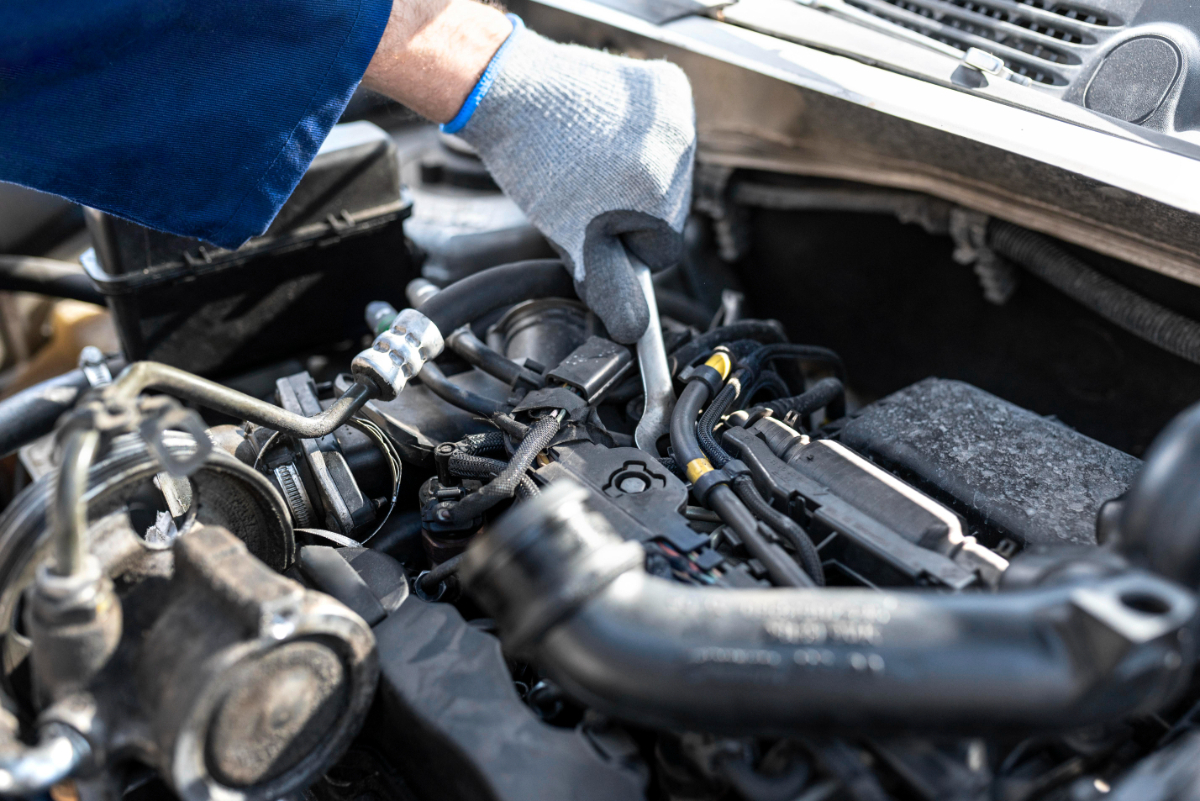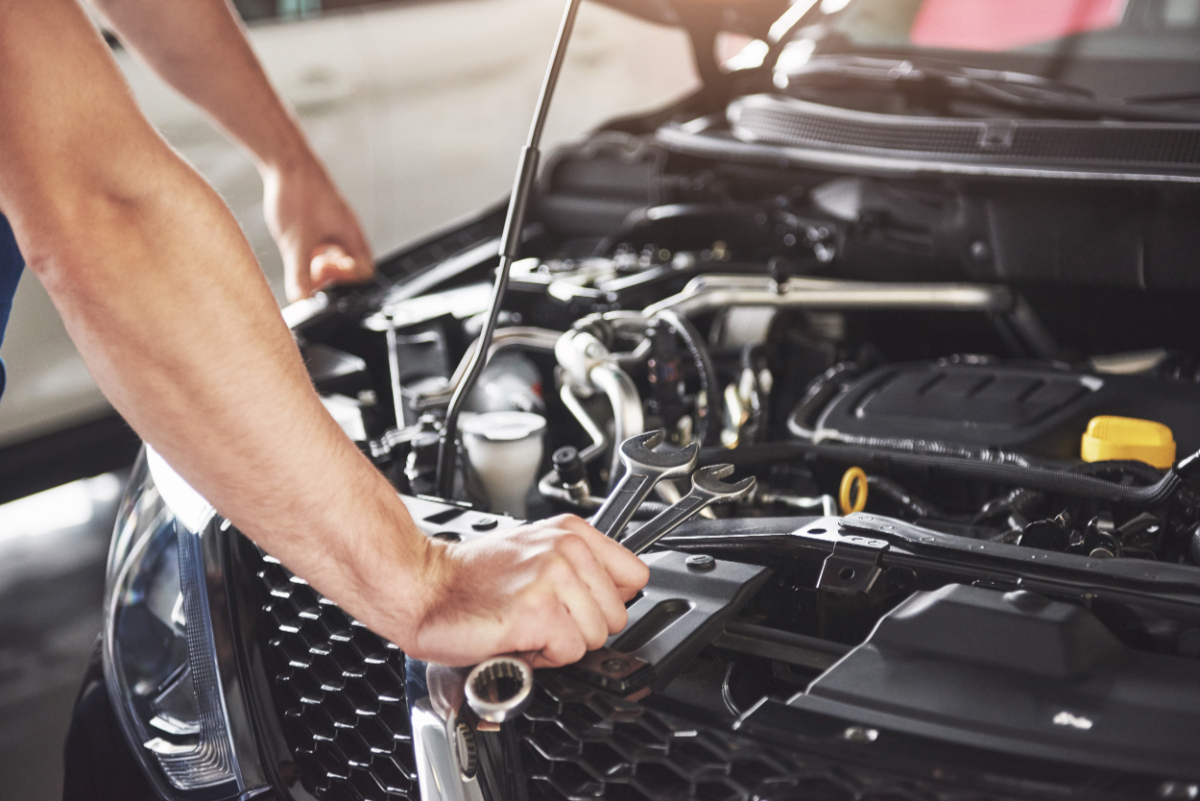Discover common BMW problems and their solutions. Learn about common issues faced by BMW owners, including maintenance tips and expert insights to keep your BMW in peak condition. Stay informed and ensure a trouble-free driving experience with your BMW.
What Are The Most Common BMW Problems?
While BMWs are renowned for their performance and luxury, like any vehicle, they are not immune to common issues. Some of the most frequently reported problems with BMWs include electrical issues, such as malfunctioning sensors, faulty wiring, or problems with the car's infotainment system.
Another common problem is cooling system failures, particularly in older models. Issues with the radiator, thermostat, or water pump can lead to overheating, potentially resulting in engine damage if not addressed promptly. Oil leaks are relatively common in BMWs, often due to gasket or seal failures. These leaks can lead to reduced engine performance if not fixed promptly.
Suspension and steering issues, like worn-out bushings or ball joints, can also occur, affecting ride comfort and handling. Engine misfires may happen due to faulty spark plugs, ignition coils, or fuel injectors, leading to poor performance and reduced fuel efficiency.
BMW brake systems can experience premature wear and tear, including brake pad and rotor wear. Transmission problems, such as rough shifting or transmission fluid leaks, have been reported in BMWs with automatic transmissions. Exhaust system problems, like leaks, rust, or damaged catalytic converters, can also occur.
In certain BMW models, the timing chain tensioner can fail, potentially leading to engine damage if not addressed promptly. Turbocharged BMWs may encounter issues with their turbochargers, including leaks or failure, resulting in reduced power and increased repair costs.
Water Pump Failure In BMWs
Water pump failure is a relatively common issue that BMW owners may encounter, especially in older models or vehicles with higher mileage. The water pump plays a crucial role in the cooling system of a BMW, circulating coolant throughout the engine to regulate temperature.
One of the most prevalent signs of water pump failure is coolant leakage, often visible as a puddle under the vehicle or around the front of the engine. This leakage can be due to a damaged pump housing, a worn-out gasket, or a faulty seal.
Another symptom is engine overheating. If the water pump fails to circulate coolant properly, the engine can quickly overheat, potentially leading to severe damage if not addressed promptly.
Elevated engine temperatures may trigger warning lights on the dashboard, indicating an issue. Unusual noises from the water pump area, such as squeaking, rattling, or grinding sounds, can also signal impending failure.
These noises often result from a worn-out or damaged bearing within the water pump. When a water pump fails, it's essential to have it replaced promptly to prevent engine damage and costly repairs. Regular maintenance, including inspections of the cooling system during routine service intervals, can help identify potential water pump issues early and prevent overheating or coolant loss.

The 4 Most Common Problems
BMW is a prestigious brand known for its performance and luxury, but like any other vehicle, it's not immune to common issues. Here are four of the most frequently reported problems BMW owners encounter:
Electrical Problems
BMWs have intricate electrical systems, and electrical issues are among the most common problems. Malfunctioning sensors, problems with the infotainment system, or issues with the vehicle's electronic control modules can arise. These problems may lead to warning lights on the dashboard, reduced functionality, or even complete system failures.
Cooling System Failures
Many BMW models, particularly older ones, are susceptible to cooling system problems. These issues often stem from components like the radiator, thermostat, and water pump. If left unaddressed, cooling system failures can result in engine overheating, which can lead to costly engine damage.
Oil Leaks
Oil leaks are relatively common in BMWs, often originating from gasket or seal failures. These leaks can lead to reduced engine performance and, if ignored, may result in further engine damage or costly repairs.
Suspension & Steering Issues
Some BMWs experience problems related to their suspension and steering components. Such problems can negatively impact ride comfort and handling, potentially compromising the driving experience.
It's essential to remember that the frequency and severity of these issues can vary depending on the specific BMW model and year. To mitigate these common problems and ensure your BMW remains in top condition, it's crucial to adhere to the manufacturer's recommended service schedule, address issues promptly, and consult with a reputable BMW mechanic or service centre.
Regular maintenance and proactive care can go a long way in preserving the performance and longevity of your BMW, allowing you to continue enjoying the driving experience it offers.
Common Electrical Faults That BMWs Can Experience
BMW's reputation for cutting-edge technology and innovative features also comes with a downside: the potential for electrical faults. While BMWs are known for their performance and luxury, they are not immune to common electrical issues. Here are some common electrical faults that BMWs can experience:
Sensor Failures: BMWs rely heavily on sensors for various functions, including engine management, airbags, and parking assistance. Sensor failures can lead to dashboard warning lights, erratic behaviour, and, in some cases, reduced safety features.
Battery & Charging System Problems: Electrical faults related to the battery and charging system can leave BMW owners stranded. Faulty alternators, voltage regulators, or worn-out batteries can cause starting issues and lead to unexpected breakdowns.
iDrive System Glitches: BMW's iDrive infotainment system, while feature-rich, can occasionally experience glitches or malfunctions. These issues may manifest as unresponsive screens, navigation errors, or issues with multimedia functionality.
Lighting Issues: Problems with exterior or interior lighting, such as headlight bulb failures, taillight malfunctions, or dashboard backlighting problems, are relatively common. Dim or flickering lights can affect visibility and safety.
Power Window & Door Lock Failures: BMWs may experience issues with power windows and door locks. These problems can result in windows that won't close, doors that won't lock or unlock, and inconvenience for the driver and passengers.
Starter Motor & Ignition Issues: Faulty starter motors or ignition systems can lead to intermittent or chronic starting problems, leaving you stranded when you least expect it.
Climate Control Malfunctions: BMWs are equipped with sophisticated climate control systems, and issues like malfunctioning air conditioning or heating can affect cabin comfort.
ABS & Traction Control Errors: Problems with the ABS (Anti-lock Braking System) and traction control systems can affect a BMW's ability to maintain control in slippery or emergency situations.

Faulty Ignition System

iDrive System Glitches
Are BMWs Reliable Overall?
BMW is a brand renowned for its performance, luxury, and innovative engineering. While they offer a thrilling driving experience and a premium ownership experience, the question of overall reliability is one that BMW owners often ponder.
The answer, like with many car manufacturers, isn't entirely straightforward and can vary based on several factors. In terms of performance and engineering, BMWs are known for their exceptional quality. They boast powerful engines, advanced suspension systems, and cutting-edge technology.
However, it's in the realm of reliability that opinions may diverge. Reliability largely depends on individual models and their production years. Some BMWs have proven to be exceptionally reliable, while others have experienced more frequent issues, especially as they age or accumulate miles.
Common problems with BMWs include electrical issues, cooling system failures, oil leaks, and suspension-related concerns. These issues can lead to unexpected repair costs and inconvenience for owners.
Regular maintenance and timely repairs play a significant role in the overall reliability of a BMW. Owners who adhere to BMW's recommended service schedule and promptly address any issues tend to experience fewer problems. Warranty coverage can also provide peace of mind for BMW owners. New BMWs typically come with a manufacturer's warranty, and extended warranties or certified pre-owned options can further protect against unexpected repair expenses.
Another factor affecting BMW's reliability is how well the vehicle is cared for. Proper storage, responsible driving habits, and avoiding aftermarket modifications can contribute to a more reliable ownership experience. BMWs are known for their performance and luxury, but reliability can vary based on the specific model, production year, and individual vehicle history.
Regular maintenance, responsible ownership, and adherence to recommended service schedules can help mitigate potential problems. It's advisable for potential BMW buyers to research the reliability of specific models and consider factors like warranty coverage when making a purchase decision.
At BMW Care Hayes, we pride ourselves on being your trusted local BMW repairs specialists. If you're searching for BMW specialists near you, you've come to the right place. Our team of highly skilled technicians are committed to providing exceptional care for your BMW.





